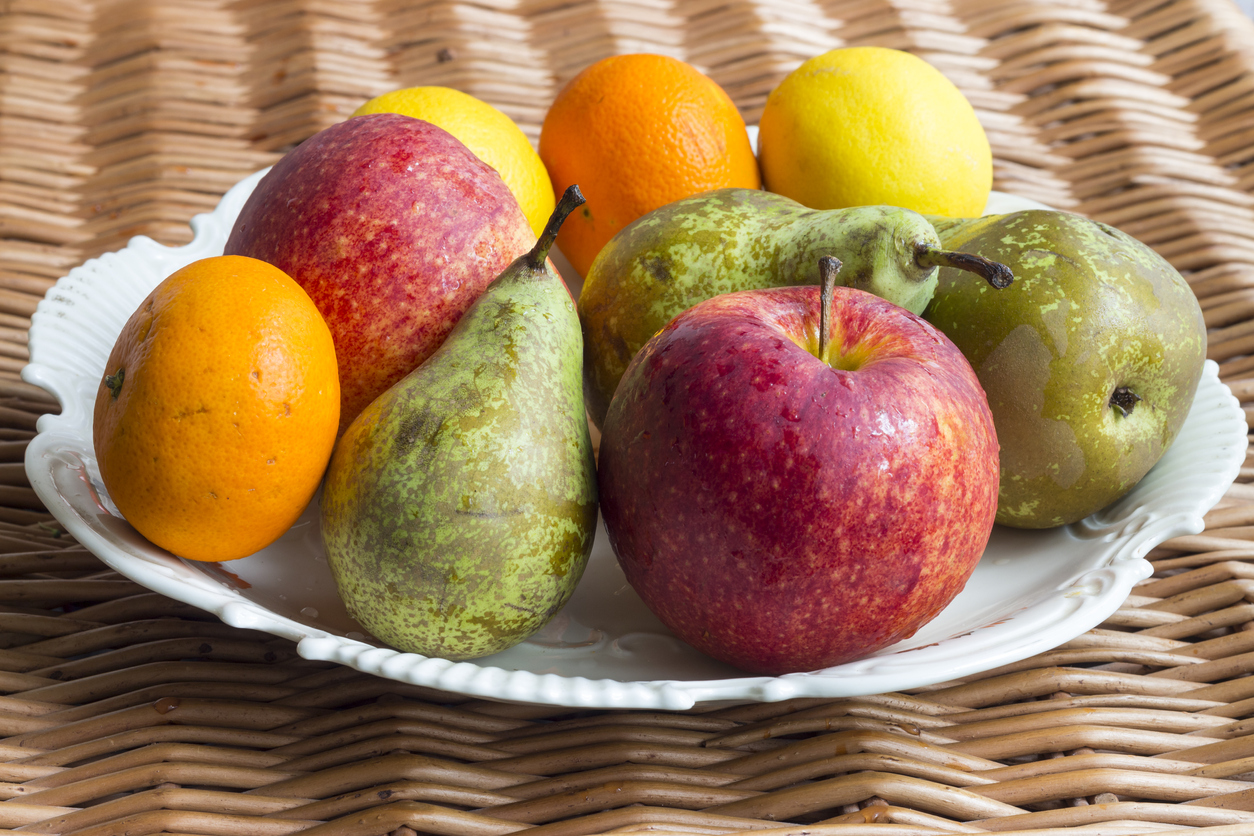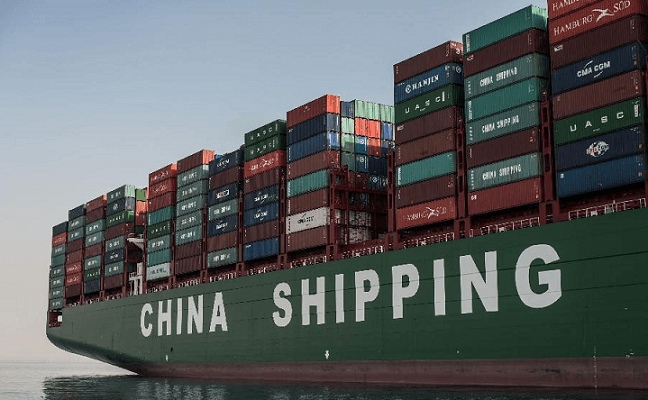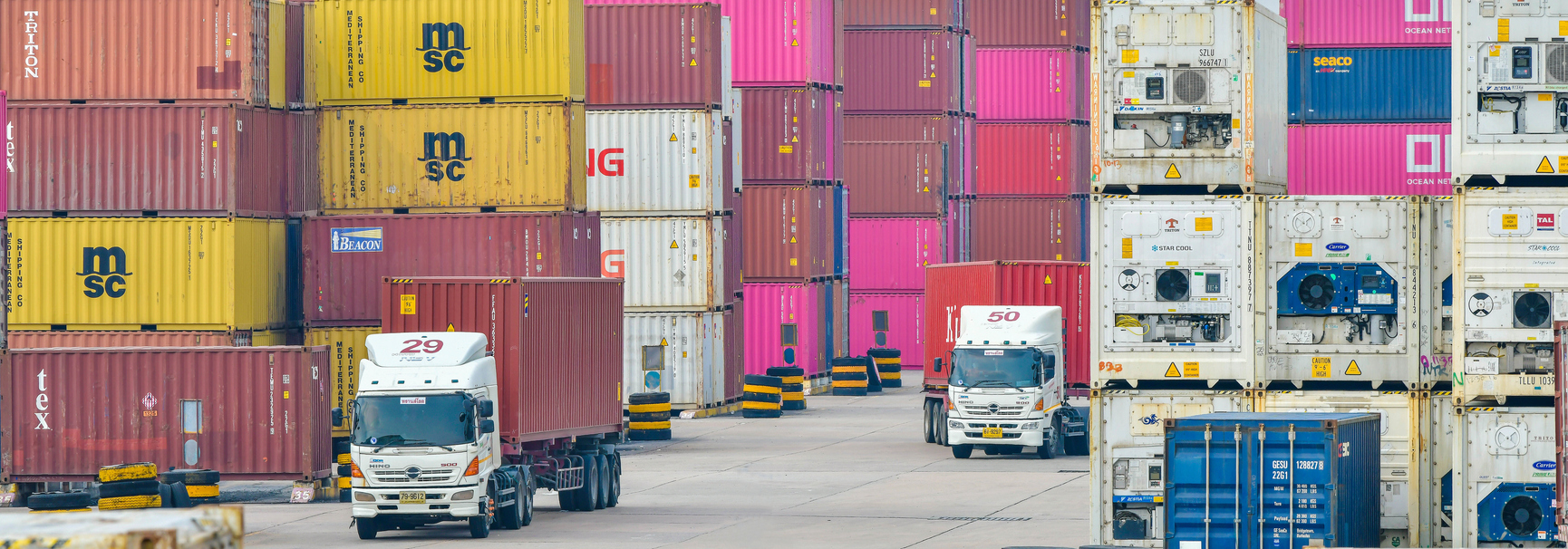A Comprehensive Guide To Buying and Exporting Tropical Fruits from Rwanda
A Comprehensive Guide To Buying and Exporting Tropical Fruits from Rwanda
If you’re looking to buy and export tropical fruits from Rwanda, you’re in the right place! This comprehensive guide aims to provide you with all the information and resources you need to successfully purchase, transport and export tropical fruits from Rwanda. This guide will cover a range of topics, from understanding the regulations and laws governing the purchase and export of tropical fruits, to finding reliable suppliers and navigating the export process. We’ll help you understand the different types of tropical fruits available in Rwanda, as well as the most popular varieties, so you can get the best quality product for the best price. With our simple and straightforward advice, you’ll be able to export tropical fruits from Rwanda with confidence and ease. Let’s get started!
Overview of Rwanda’s tropical fruit industry
Rwanda has a tropical climate, which makes the East African nation an ideal location for growing tropical fruits. The country is home to over 17,000 hectares of tropical fruit plantations, with a wide variety of both non-native and native tropical fruits being cultivated. At present, Rwanda’s tropical fruit industry is in its infancy, as the sector has only been in operation since the 1990s. However, the industry is growing at a rapid rate, with exports expected to rise from 11,000 metric tons in 2016 to a staggering 80,000 metric tons by 2026. This exponential growth is being driven by increasing international demand for high-quality tropical fruits, coupled with improved production practices in the sector.
Rwanda’s tropical fruit industry is highly regulated and controlled by the government, with a wide variety of health and safety standards in place. This strict oversight and adherence to standards has cemented Rwanda’s reputation as a top producer of high-quality tropical fruits, with the country’s products being exported to countries all over the world. Tropical fruit producers in Rwanda are increasingly looking to sell their products to buyers in the international marketplace, which has created a significant demand for tropical fruits in the global marketplace. This is creating an excellent opportunity for importers and exporters to buy and export tropical fruits from Rwanda, and make a profit in the process.
Regulations and laws governing purchase and export of tropical fruits
The government of Rwanda has implemented a strict set of regulations and laws governing the purchase and export of tropical fruits from the country. These rules are in place to protect consumers from contaminated or substandard produce, as well as to safeguard the interests of producers. This legislation is designed to ensure that tropical fruit importers and exporters adhere to these rules and standards, and do not pose any risk to consumers in their home countries. For importers and exporters to purchase and export tropical fruits from Rwanda, they must meet these health and safety standards. This will help ensure that the produce is of the highest quality, and that the products will meet the expectations of consumers in their home countries.
However, while the tropical fruit industry in Rwanda is highly regulated, it is also highly competitive. This means that importers and exporters will need to select the best tropical fruits and produce to meet the expectations of their customers. This may require buyers to purchase tropical fruits from several different suppliers, as well as test a range of samples, before selecting the best products. In addition, importers and exporters may also be required to perform pre-export examinations (PEs), which will help ensure that the tropical fruits are free from defects or infestations. In order to purchase and export tropical fruits from Rwanda, importers and exporters must adhere to these rules and standards. This will help ensure that the produce is safe for consumers to eat, and that the tropical fruits are of the highest quality.
Types of tropical fruits available in Rwanda
The tropical fruits grown in Rwanda are a wide variety of different produce. Some of the most common tropical fruits grown in Rwanda include: – avocados – bananas – coconuts – carambola – feijoas – guavas – jackfruit – mangosteens – papayas – passionfruit – rambutans – soursop – starfruit – strawberries – tamarillos – ylang-ylang
These tropical fruits are grown both in the wild and in plantations, with many of the plantations being established within the last few decades. Tropical fruits are produced in most parts of the country, with banana and avocado plantations being especially common in the southern regions. The majority of these tropical fruits are sold domestically in Rwanda, with a small percentage being exported to neighboring countries and other parts of the African continent. However, there has been a significant increase in the number of tropical fruit exporters in Rwanda, as well as a rise in the volume of produce being exported. This shows a significant shift in the tropical fruit industry in Rwanda, with importers and exporters now looking to sell tropical fruits in the global marketplace.
Popular varieties of tropical fruits in Rwanda
While all of the tropical fruits listed above are grown in Rwanda, there are some varieties that are more popular than others. This is due to a range of factors, including ease of cultivation and harvesting, as well as nutritional content. Some of the most popular varieties of tropical fruits grown in Rwanda include: – avocados – carambola – guavas – jackfruit – mangosteens – papayas – rambutans – soursop – starfruit – strawberries – ylang-ylang
These tropical fruits are not only popular in Rwanda, but are also grown in many other tropical countries. This means that importers and exporters will have a wide variety of produce to choose from, which will make it easier to find the best products at the best price. This means that buyers will have a wide variety of options when purchasing tropical fruits for sale in the international marketplace.
Finding reliable suppliers
The first step in buying and exporting tropical fruits from Rwanda is to find a suitable supplier. It is important to do your research and select a reliable and trustworthy supplier, who can provide you with the best quality produce at a competitive price. There are a variety of options available, including sourcing a supplier directly from a farm or plantation, as well as working with an existing importer or exporter. Working with an established importer or exporter may be the easiest and most cost-effective way to source tropical fruits in Rwanda. This will allow you to take advantage of the supplier’s expertise, and save you time and money in the process. Many suppliers will be happy to work with first-time buyers if the deal benefits both parties. However, it is important to be selective when choosing a supplier. It is best to select a supplier that is geographically close to your home country, as this will make it easier to transport the produce. This will help keep transportation costs low, which will in turn allow you to make a profit from your purchase.
Understanding the export process
Once you have selected a supplier and purchased your tropical fruits, it is time to begin the export process. The export process for tropical fruits in Rwanda is very similar to other types of produce, with the fruits being examined by both the government and private organizations. The government is responsible for inspecting the produce at the point of origin, while private inspection agencies look at the tropical fruits once they’ve reached the port of export. The government inspection aims to ensure that the produce meets the required standards and quality, while the private inspection aims to identify any infestations or defects. Once the tropical fruits have passed the inspections and are deemed fit for export, they can be exported from the country. This means that importers and exporters can purchase and export tropical fruits from Rwanda with confidence, knowing that they are of the highest quality.
Tips for successful transportation and handling of tropical fruits
The transportation and handling of tropical fruits is very important, as it will determine the level of quality that is received by customers in the home country. This means that importers and exporters will need to take extra care when transporting the produce. Here are a few tips for successful transportation and handling of tropical fruits: – Use the correct shipping boxes – Keep produce at the correct temperature – Keep the produce away from direct sunlight – Seal the boxes properly – Transport produce at the right time of the year While these tips will help you during the transportation process, it is important to remember that the condition of the produce when it arrives in the home country will depend on how it is handled during transportation. This means that importers and exporters need to be vigilant in looking after their tropical fruits, and take the necessary steps to safeguard the produce and ensure that it is delivered in the best possible condition.








LEAVE A COMMENT
You must be logged in to post a comment.